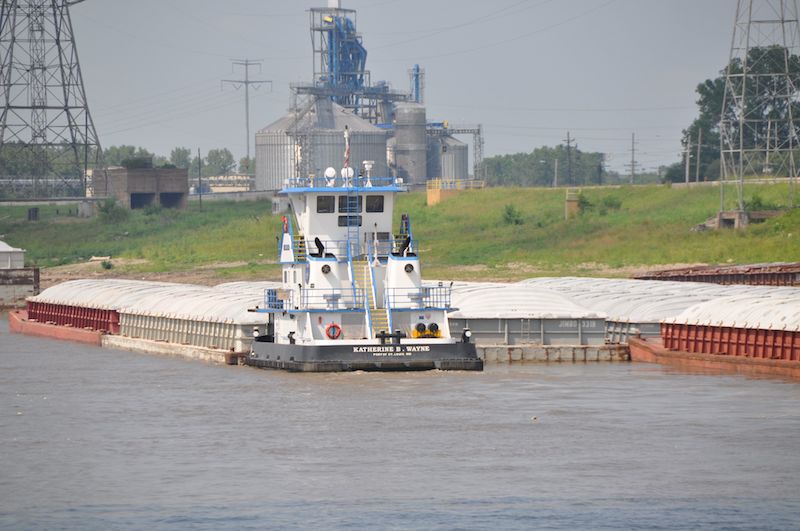With its release in June, the Subchapter M towing vessel inspection final rule has arrived at last.
The rule, which covers almost all U.S.-flag towing vessels 26' or more in length, is still evolving. As the Coast Guard said, there are still things “in flux” with the new rule.
Most existing towing vessels have about two years to comply with the majority of Subchapter M, and some companies will need all 24 months.
The timetable for compliance is longest for single-vessel operators, who will need COIs by July 2, 2020. For fleet operators, there is a four-year phase-in process ending with all vessels being in compliance by July 2022.
“There’s going to be some growing pains in this,” Ian McVicker, maritime consultant and independent representative for ABS, said earlier this year,
Companies that already have towing safety management systems (TSMS) or the AWO’s Responsible Carrier Program in place are ahead of the game.
The Coast Guard will reportedly accept RCP as a TSMS.
But what about the small, non-AWO operators with older equipment? Some say that the costs of the new rule will not be spread evenly across the towing industry and adversely affect smaller companies who are new to the TSMS process.
“Each TSMS must be custom built,” said McVicker. “One size does not fit all. A towing company with 20 boats is not going to have the same TSMS as a towing company with 120 boats. There’s going to be some growing pains in this.”
The Coast Guard is still developing more guidance for TSMS users, and AWO urged the agency to “incentivize” the TSMS option. The trade group hopes that the Coast Guard will not penalize companies that were early adopters of TSMSes.
Also, let’s hope that small towboat operators that can’t afford AWO’s membership dues and thus are not RCP-certified are also not penalized by the Coast Guard.




